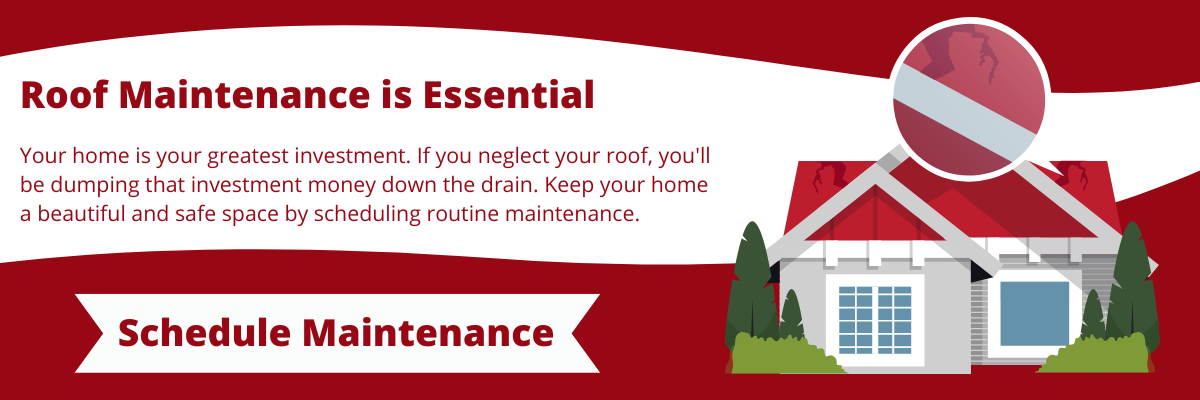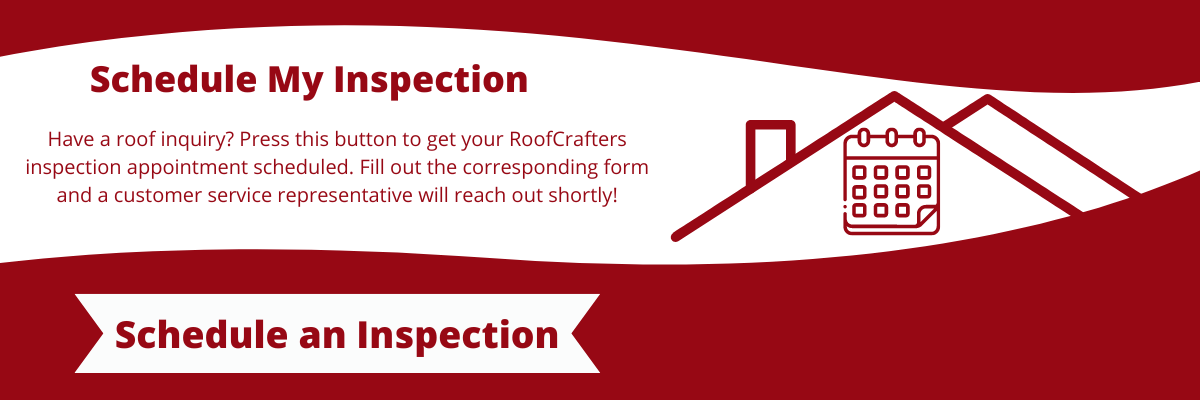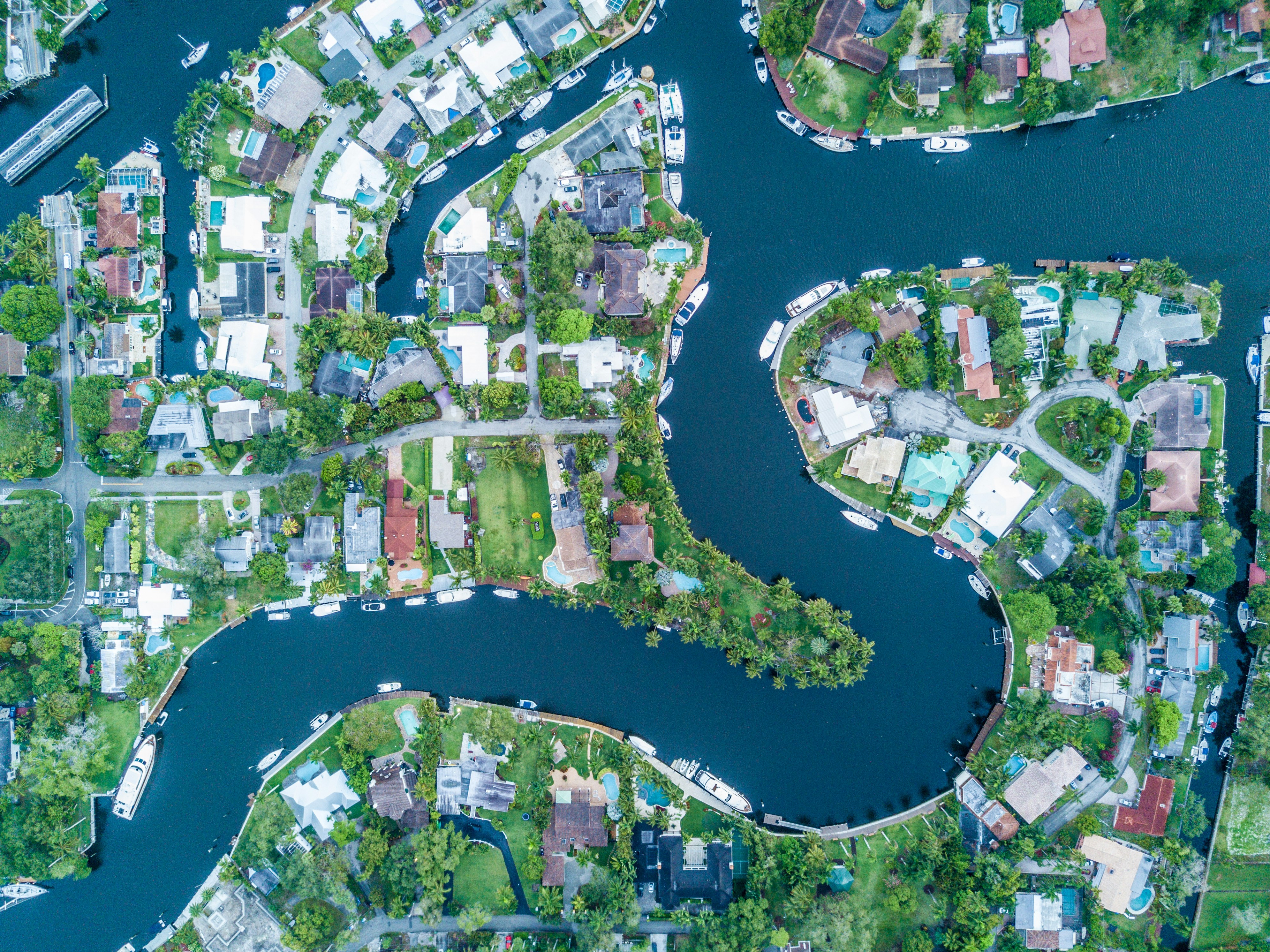
Are you one of the lucky homeowners living by the beach, soaking up the sun, and enjoying the calming sound of waves crashing? While beachfront living offers its share of perks, it also presents unique challenges, especially when it comes to your roof. One of the pressing concerns for beachfront homeowners is whether the screws on their roofs will rust over time due to the salty air and harsh coastal conditions.
At RoofCrafters, we understand the importance of addressing these concerns head-on. With over three decades of experience serving coastal communities, we've encountered and tackled various challenges specific to beachfront properties. We know the ins and outs of coastal roofing like no other, and we're here to provide you with expert guidance and solutions.
In this article, we'll dive deep into the question of whether screws on beachfront roofs will rust over time. We'll explore the factors contributing to rust formation, discuss preventive measures you can take, and offer insights gleaned from our extensive experience in coastal roofing. By the end, you'll have a clear understanding of how to protect your beachfront home and ensure your roof stands the test of time.
Roof Screw Rusting: Should You Worry?
If you live on the coast, it's only natural to worry about your roof screws rusting over time, and there are valid reasons for this. Coastal regions, with their proximity to saltwater and high humidity levels, present unique challenges to roofs and the materials used in their construction. Here's why rusting screws could be a legitimate concern for homeowners in these areas:
Saltwater from the ocean can accelerate the corrosion process of metal components, including screws used in roofing. When saltwater particles come into contact with metal surfaces, they can cause a chemical reaction that leads to rust formation. This process, known as corrosion, is particularly pronounced in coastal environments due to the constant exposure to salt-laden air.
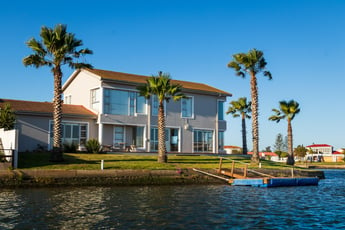
The high humidity prevalent in coastal regions can also contribute to the corrosion of metal screws. Humid air contains moisture, which can penetrate into the microscopic crevices of metal surfaces and promote rusting over time. As a result, even if the roof screws are made of corrosion-resistant materials, prolonged exposure to humid conditions can still lead to rust formation.
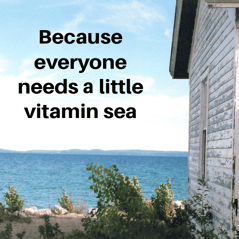
Coastal areas often experience harsh weather conditions, as well, including strong winds and heavy rainfall, which can further exacerbate the corrosion of roof screws. Wind-driven rain can drive saltwater and moisture into the roofing materials, increasing the likelihood of rusting. Over time, this constant exposure to saltwater, humidity, and inclement weather can compromise the integrity of the roof screws, potentially leading to leaks and structural damage if left unchecked.
Metal & The Ocean: Not a Perfect Match
There's a reason why homes with metal roofing systems have to stay 1500 feet from the coast.
Installing metal roofing materials closer to the coast increases the risk of accelerated corrosion, which can lead to premature deterioration. By requiring a minimum distance of 1500 feet from the coast, authorities aim to mitigate the effects of saltwater exposure and prolong the lifespan of metal roofs.
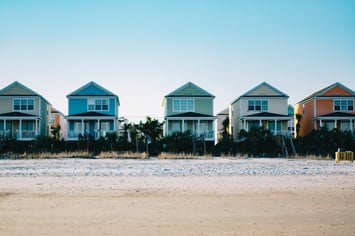
But what about screws?
Since screws are an integral part of roofing, they have to be used no matter what type of home you have or where it's located. Having a coastal home comes with its own set of challenges, and the possibility of early rusting is one of them. However, if you're correctly zoned, choose the correct roof type, receive regular maintenance, and care for your roof in general, you don't have much to worry about. As roofs age, so do their materials. Just keep an eye on your home and contact your local roofer if your screws ever start looking...fishy.
Tip: If you haven't pulled the plug on a new roof yet, look into the drawbacks of exposed hardware metal roofing near the coast. "Exposed Hardware Metal Roofing: Is it Bad for Coastal Homes?" is a fantastic place to start.
Protecting Your Roof from Rust
As a coastal homeowner, you can take proactive measures to protect your roof from rust and extend its lifespan despite the challenging oceanic environment! Here are some effective strategies and preventive measures:
-
Choose Corrosion-Resistant Materials: Opt for roofing materials and fasteners specifically designed to resist corrosion in coastal areas. Stainless steel, aluminum, and galvanized steel screws are excellent options known for their resistance to rust formation.
-
Regular Inspections: Schedule routine roof inspections by professional roofing contractors to identify any signs of rust or corrosion early on. Regular inspections allow for timely repairs or replacements of corroded screws before they compromise the integrity of the roof.
-
Proper Ventilation: Ensure adequate ventilation in the attic and roof spaces to reduce humidity levels and prevent moisture buildup. Proper airflow helps minimize the conditions conducive to rust formation on metal surfaces, including roof screws.
-
Coating or Sealants: Apply protective coatings or sealants to metal roof screws to provide an additional barrier against saltwater, moisture, and corrosive elements. Roof sealants can help seal gaps and prevent water intrusion, reducing the risk of rusting. Talk to your roofer about this one; they'll give you insights on whether this is an option for you.
-
Regular Maintenance: Keep the roof clean and free of debris, such as leaves, branches, and algae, which can trap moisture and accelerate rust formation. Regularly clean gutters and downspouts to ensure proper drainage and prevent water accumulation on the roof surface.
-
Trim Overhanging Branches: Trim trees near the roof to prevent branches from rubbing against the roof surface during windy conditions, which can damage protective coatings and expose metal screws to corrosion.
-
Saltwater Barrier: Install barriers, such as metal flashing or drip edges, along roof edges and eaves to redirect saltwater runoff away from the roof surface. Redirecting saltwater runoff can help minimize direct exposure of roof screws to corrosive elements.
-
Prompt Repairs: Address any damaged or missing roof components promptly to prevent water infiltration and minimize the risk of rust formation on metal screws. Repair or replace damaged flashing, shingles, or underlayment as soon as issues are detected.
By implementing these preventive measures and working with experienced roofing professionals like RoofCrafters, you can effectively protect your roof from rust and ensure long-lasting durability in the face of coastal challenges!
Is Your Coastal Home at Risk for Rust?
Protecting coastal roofs from rust requires a proactive approach and adherence to preventive maintenance practices! By choosing corrosion-resistant materials, conducting regular inspections, and implementing proper ventilation, you can mitigate the effects of saltwater exposure and humidity on your roof. Additionally, applying protective coatings, maintaining clean gutters, and promptly addressing any damage or corrosion can significantly extend the lifespan of a coastal roof.
At RoofCrafters, we understand the unique challenges that ocean-side homeowners face when it comes to roof maintenance and durability. With over three decades of experience in the roofing industry, our team of experts is well-equipped to provide tailored solutions to protect coastal roofs from rust and other environmental hazards. By leveraging our expertise and knowledge, you can rest assured that your roof is in capable hands, receiving the attention and care you need to withstand the harsh coastal conditions.
My name is Kevin Mills, and I am the lead estimator for RoofCrafters’ Tampa division. I’m originally from Michigan, and I enjoy hunting, fishing, and spending any free time outdoors. What I’m most passionate about, though, is helping business owners and homeowners alike achieve their roofing goals, all while providing a seamless customer journey.



